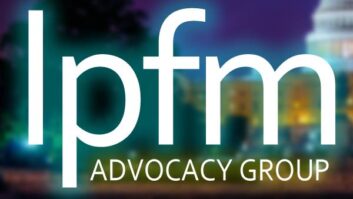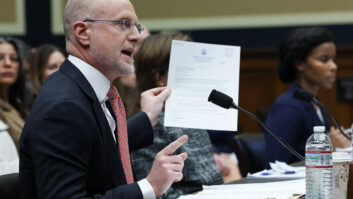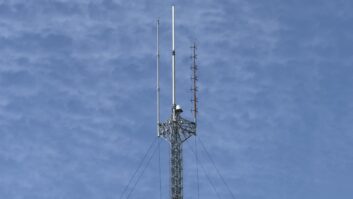Low-power FM advocate REC Networks is petitioning the FCC for partial reconsideration of its decision to allow broadcasters to use FM boosters to geo-target and originate content for short periods of time each hour.
In its most recent comments, REC asked the commission to answer questions previously raised about potential co-channel interference. It also says the FCC misquoted previous comments made by REC in its order allowing the use of ZoneCasting technology from GeoBroadcast Solutions.
“It is clear that the commission has errored by mistaking our discussion regarding our serious co-channel interference concerns as being some kind of a concern regarding first-adjacent channels, for which adequate rules already exist,” REC Networks told the FCC.
REC says, as a result of the FCC’s “material error in its analysis,” a very important discussion in regards to the risk of increased co-channel interference from FM boosters to unrelated secondary services such as LPFM, FM translators and unrelated FM booster stations, along with primary facilities, was never addressed in the FCC’s decision.
[Related: “The FCC’s Final Rules for Geotargeting Are Still Pending“]
REC previously told the FCC that it had deep concerns in regards to the potential for increased interference to co-channels “especially in situations where subsequent to the authorization of a secondary facility, that a primary facility modifies to increase their signal in the area of the secondary facility in a manner that would not be strong enough to warrant displacement of the secondary facility.”
The advocacy group is now asking the FCC to put further restrictions on ZoneCasting during its period of experimental operations, which is in effect until final rules are adopted. It asks the FCC to include a requirement — what REC calls an up-front form of co-channel interference protection — that broadcasters looking to sign on a new booster demonstrate they will not exceed an existing signal of any incumbent unrelated signal by 20 dB on co-channel via a contour study.
REC says, in comments filed last week, such a provision is similar to what currently exists for first-adjacent channel interference protection. The group says it will further address making the policy permanent through a codified rule in the FCC’s upcoming Further Notice of Proposed Rulemaking.
The NAB and some broadcasters have also raised concern over the possibility of interference to established FM services. They also have expressed concern that the technology might put downward pressure on advertising rates.
[Read more of Radio World’s extensive geo-targeting coverage here]







